New spatial repellent tool is distributed to refugee camps in South Sudan to protect against vector-borne diseases
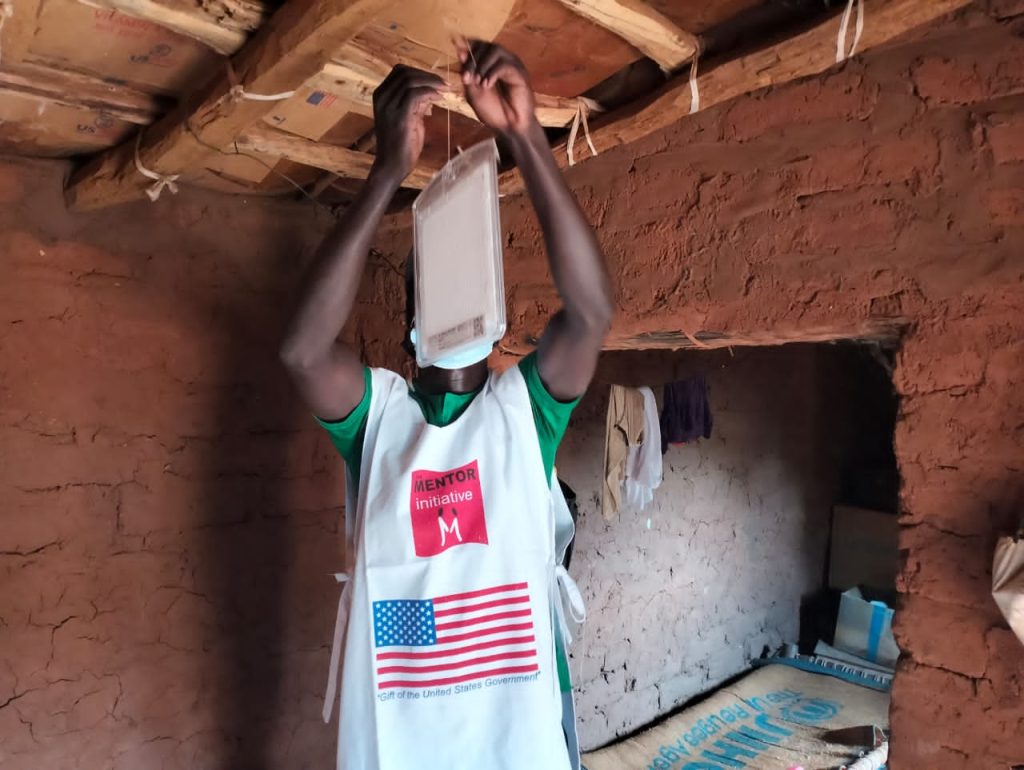
An innovative vector control tool is being distributed across refugee camps and host communities in Jamjang and Renk, South Sudan, as part of an integrated malaria prevention campaign that aims to protect over 200,000 people. Field staff and trained volunteers are installing SC Johnson spatial repellents in shelters in communities at most risk of malaria. […]
Country Brief: South Sudan
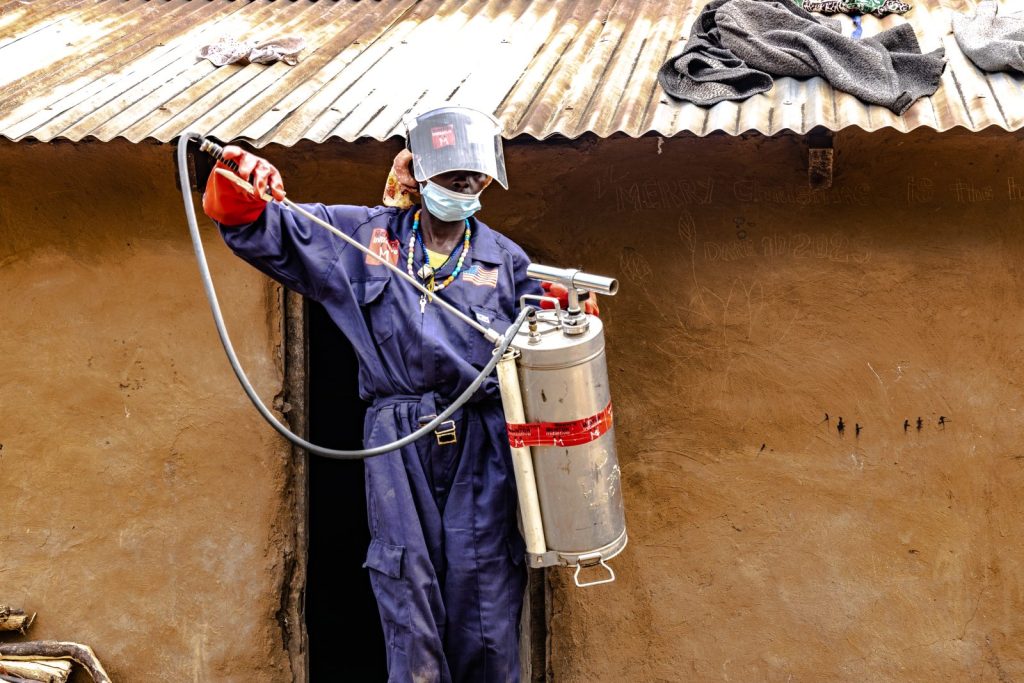
South Sudan faces a severe humanitarian crisis caused by conflict, climate shocks, economic instability, and public health challenges. Floods, droughts, and extreme heat have devastated livelihoods and displaced communities. Intercommunal violence and the influx of over 900,000 people fleeing Sudan have overwhelmed infrastructure and services. Health systems are fragile, with limited access to care and […]
Country Brief: Central African Republic
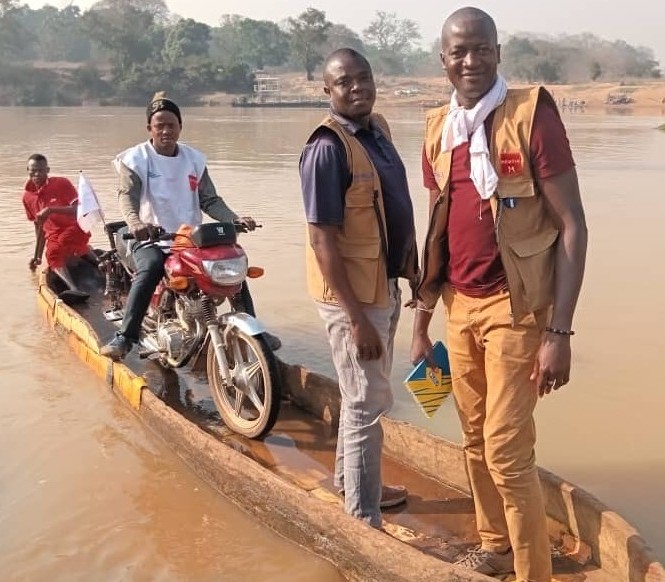
The decade-long conflict in the Central African Republic (CAR) has created acute humanitarian needs, with the OCHA humanitarian Needs Overview (HNO) 20241 estimating that 2.8 million people – nearly half of the population – require assistance. Clashes between government forces, government allies and armed groups are causing the humanitarian situation to continue to deteriorate and […]
MENTOR presents at a MoH event in Burkina Faso
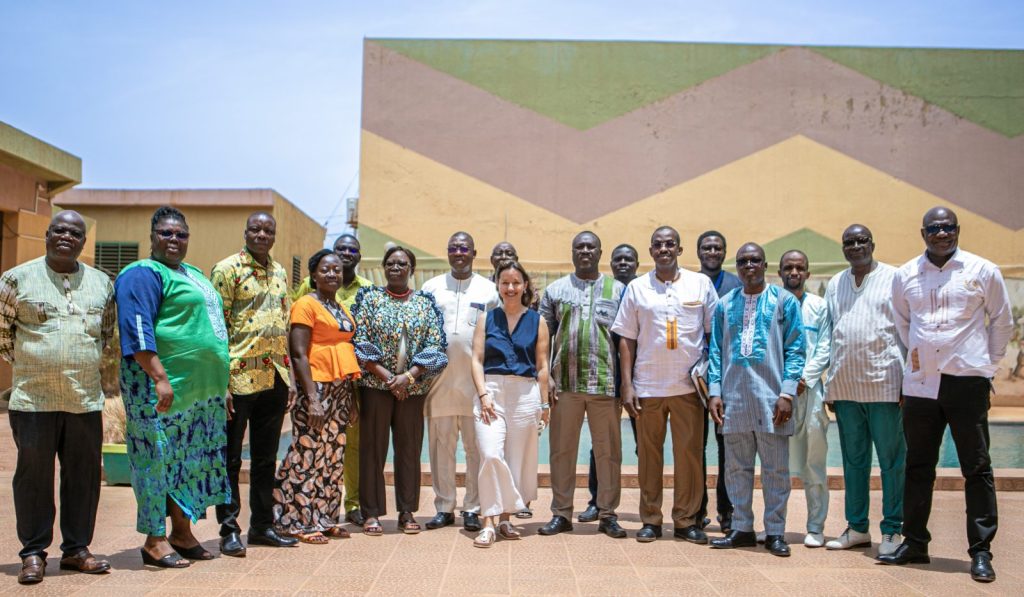
The MENTOR Initiative held an event last Friday to formally present the organisation to senior members of the Ministry of Health and relevant partners in Burkina Faso. MENTOR’s expertise in vector control, particularly through an integrated vector management approach, was highlighted as essential in Burkina Faso where vector-borne diseases are increasing, and an integrated approach […]
World Malaria Day
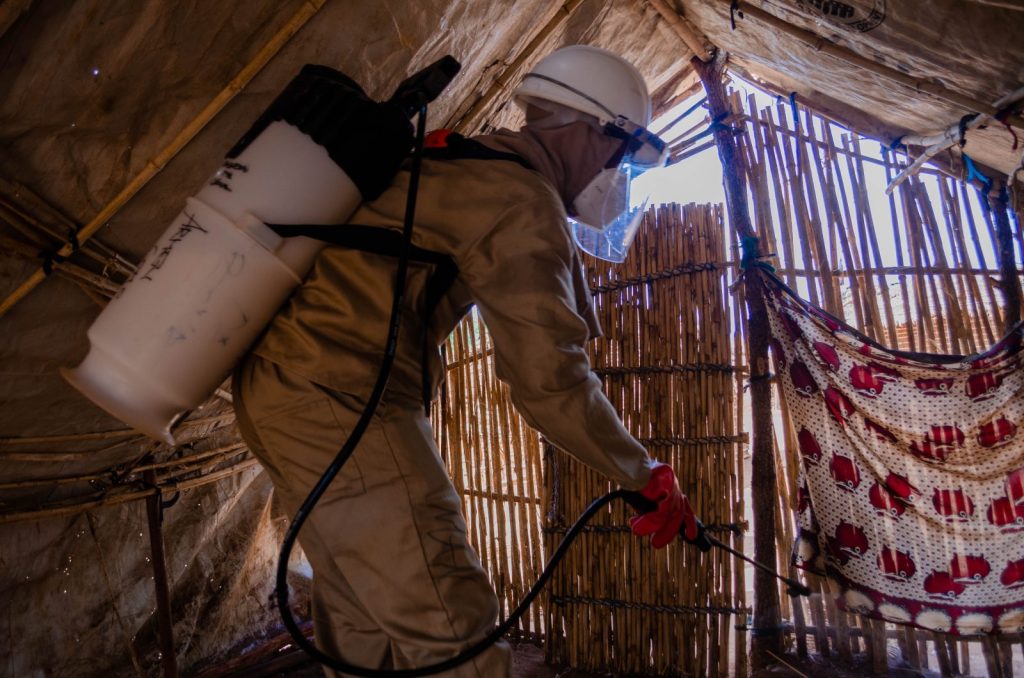
MENTOR’s priority has also been malaria control in vulnerable settings – where people are most at risk because of factors such as conflict, extreme weather, forced displacement and a lack of healthcare. For over 20 years we have adapted and expanded how we work to respond effectively to public health challenges and the behaviour and […]
Indoor residual spraying addresses high rates of malaria in northern Nigeria
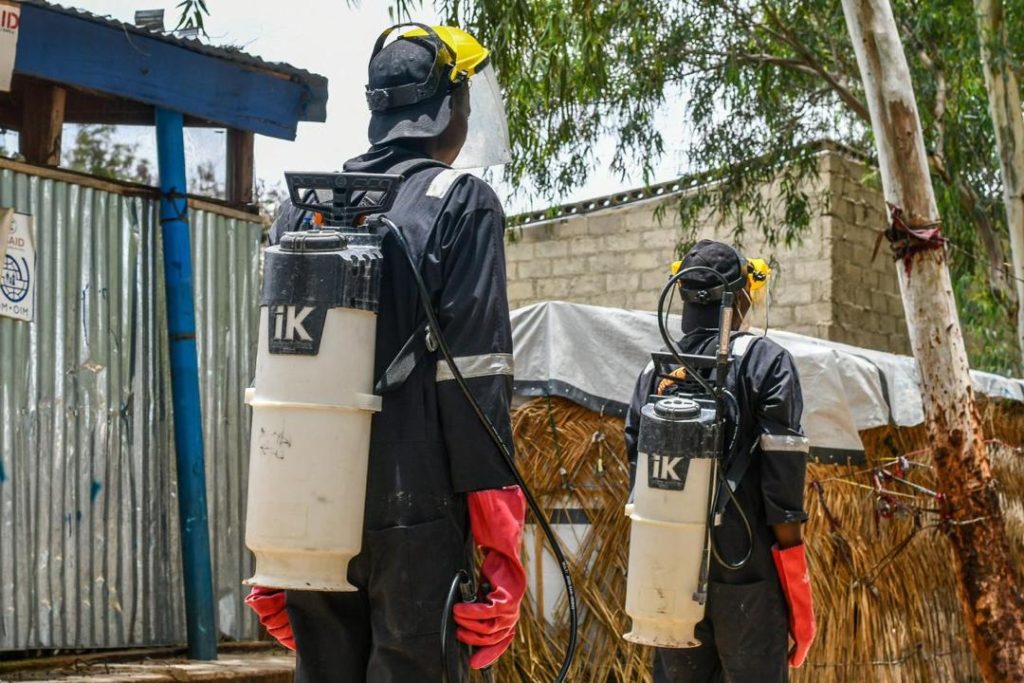
“After the flood disaster there were a lot of insects, especially the mosquitoes which really increased. Since MENTOR sprayed insecticide inside our houses there are no mosquitoes nor other insects.” – Aisha Muhammad, Bollori 2 ward, Maiduguri. In February, an indoor residual spraying campaign in flood-affected northern Nigeria was carried out to protect over 44,000 […]
New invasive mosquito detected in Angola
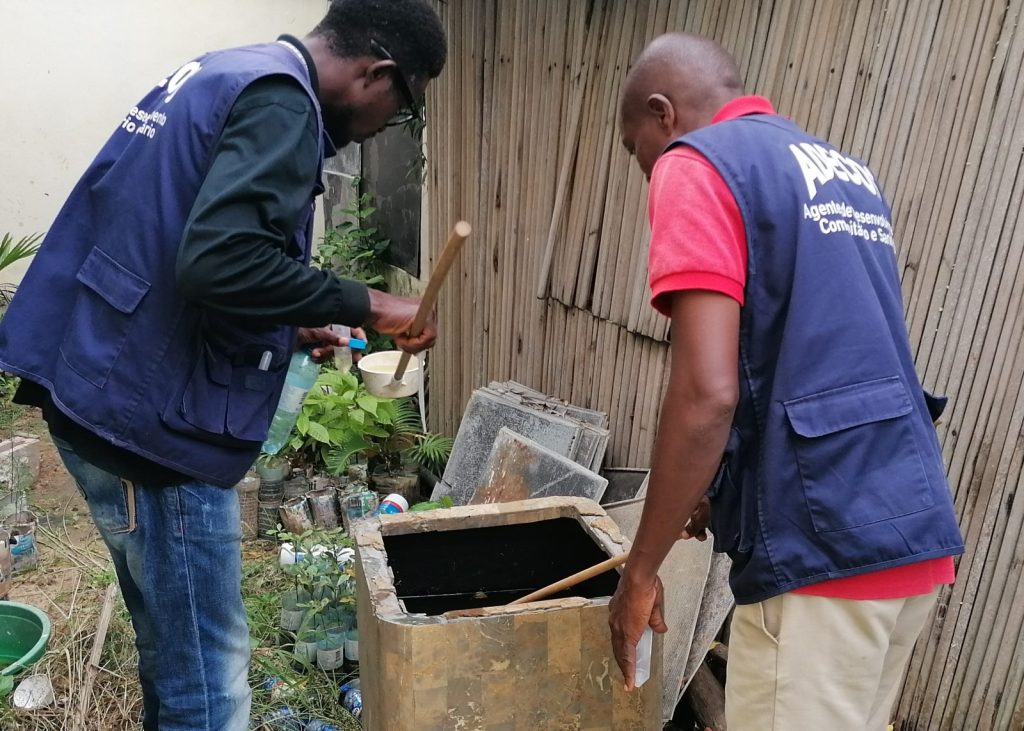
New research published in the Parasites & Vectors Journal, co-authored by MENTOR entomologists Gonçalo Martins Alves and Arlete Troco, reports the first detection of the Asian tiger mosquito (Aedes albopictus) in Angola. This important discovery was made during surveillance efforts supported by MENTOR targeting Anopheles stephensi – another invasive species – at key points of entry […]
Asian tiger mosquito in the oil-producing city of Soyo: the first report of Aedes albopictus in Angola

The Asian tiger mosquito, Aedes albopictus (Skuse, 1894), is a highly invasive species that has successfully colonized many tropical and temperate regions worldwide. Its rapid global spread is strongly associated with human activities and has created favorable conditions for the emergence of human arboviruses in new geographic areas. The paper reports the first detection of Aedes albopictus in Angola […]
Critical healthcare support after flooding in northern Nigeria last year

MENTOR continues to provide critical services and strengthen health systems in Maiduguri, Nigeria after flooding last year caused widespread damage to healthcare facilities, schools and other infrastructure, and the displacement of close to 400,000 people. The severe flooding impacted communities already struggling from the socio-economic crisis in the region, high rates of diseases and malnutrition, […]
New WASH and nutrition programme in Batangafo, Central African Republic

Despite recent events in the humanitarian sector, we remain committed to deliver lifesaving disease control and healthcare, supporting communities in most need. In Central African Republic, the MENTOR team knows no boundaries to continue delivering activities. In Batangafo they must use canoes to access health facilities located on the other side of the river, after […]
